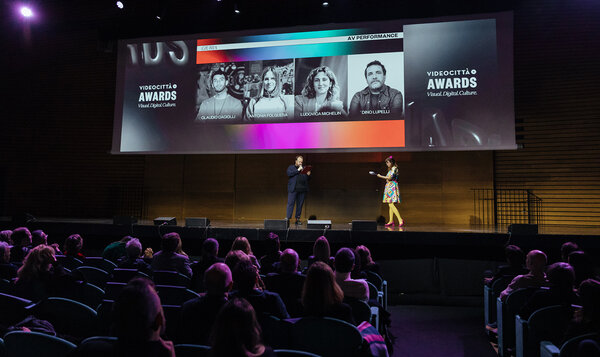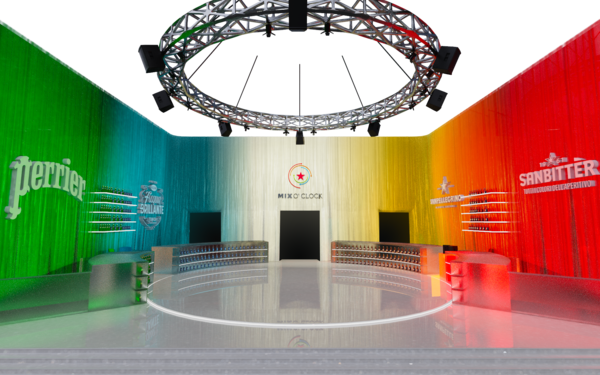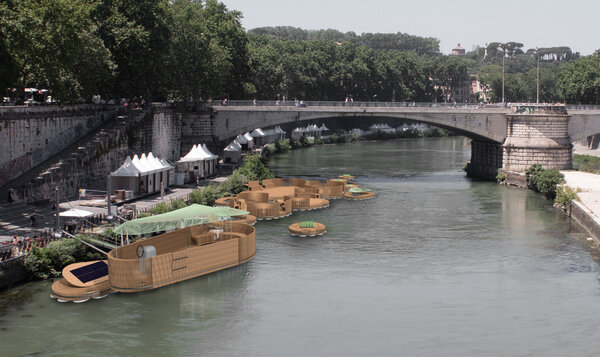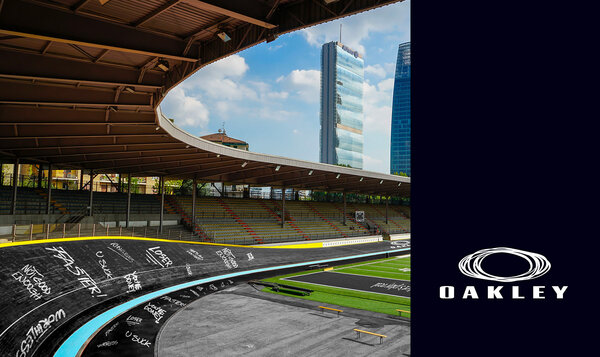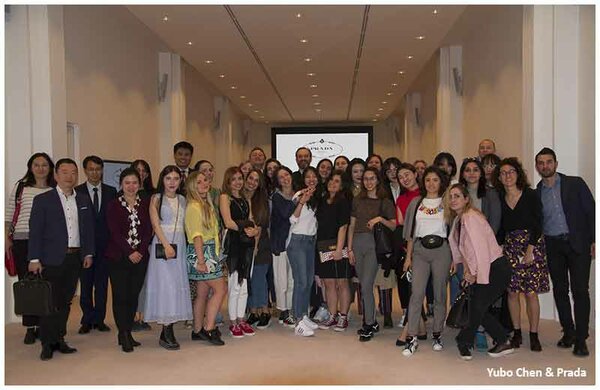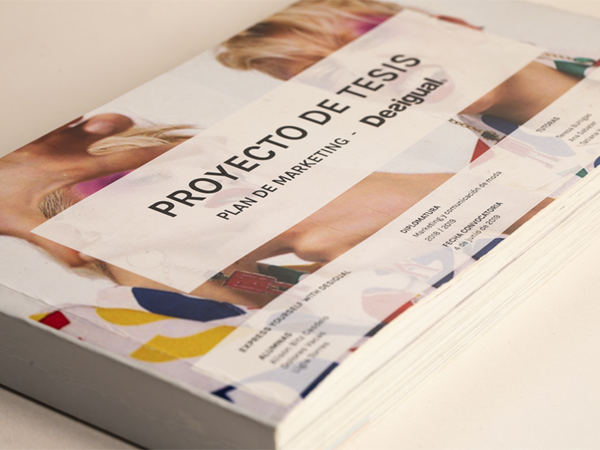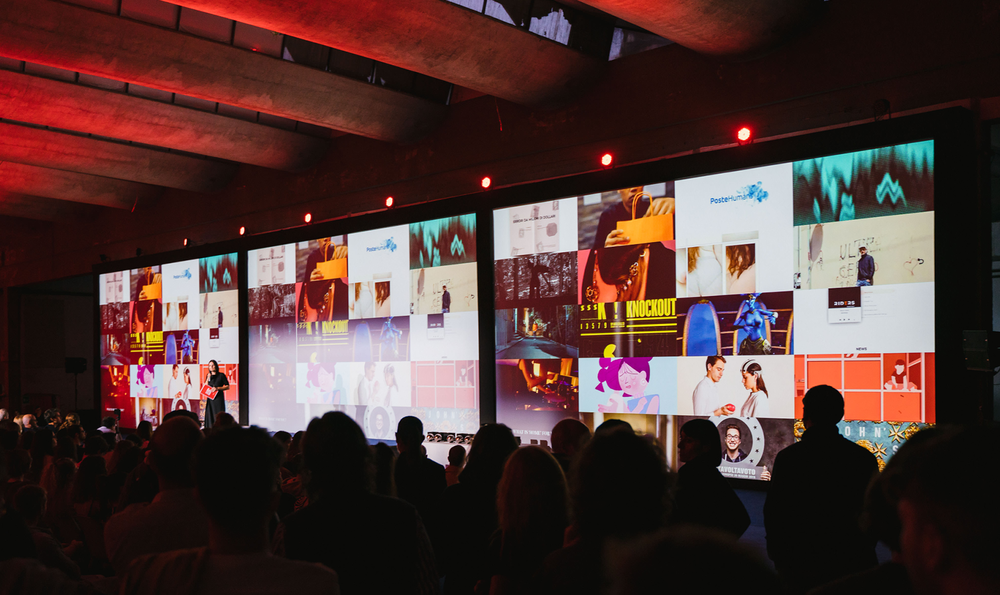
Event Managers: who they are, what they do and how to become one
Who they are and what they do
The Event Manager is an indispensable professional figure in the world of event organisation and management. He or she is in charge of planning, coordinating and overseeing every detail of events, such as conferences, trade fairs, concerts, weddings, corporate and social events.
The Event Manager ensures that each event runs smoothly, meeting the expectations of the participants and organisers. They play a key role in creating successful experiences that generate positive reactions, emotions and impressions.
Role and responsibility
The responsibilities of an Event Manager are manifold and above all require the ability to multitask. The main functions include defining the objectives of the event, which may include promoting a product, celebrating a special occasion or consolidating corporate relations.
The Event Manager is in charge of the complete planning of the event, which includes managing the budget, selecting the location, organising the catering if provided, choosing the entertainment, managing the security measures, as well as any other necessary services. It is also very important to take care of every aspect of the logistics, such as arranging the space, transport and set-up, ensuring that every detail is perfectly aligned with the previously established agreements.
Moreover, this professional may be required to personally take care of the promotion of the event, employing a number of communication channels to attract participants and ensure a good turnout. During the event, they are responsible for managing communication with the participants and are in charge of quickly resolving any problems that may arise.
Career and salary
The career of an Event Manager offers numerous opportunities for professional growth. It is possible to start with entry-level roles, such as event assistant, and then progress to positions with greater responsibility and importance, such as Event Coordinator, Event Planner and finally Event Director or Event Manager. Professional growth depends on the experience gained, the ability to handle events of different sizes and complexity, and the network of contacts developed over time.
The salary of an Event Manager therefore varies according to the experience gained, the size of the events and the geographical location. Generally speaking, more experienced professionals who manage large-scale events can earn significant fees. Work opportunities are numerous and can include jobs at event agencies, companies, hotels, convention centres and non-profit organisations.

IED Open Days
We look forward to meeting you in person at our premises and online, to learn more about our teaching offerings, get to know our services and interact with coordinators, lecturers and students.
Skills and training
To excel as an Event Manager, a number of key skills are required that will determine the success of the project, including:
- Planning and organising: these are important skills that make it possible to draw up a detailed plan and coordinate all the activities by anticipating risks and managing unforeseen events.
- Managing time: being able to allocate time efficiently in order to meet deadlines and ensure that each task is completed on time is equally important for an Event Manager.
- Managing the budget: planning and monitoring costs makes it possible to find creative solutions and achieve the maximum result with the available resources.
- Negotiating: dealing with suppliers and partners makes it possible to obtain services and products at the best possible price.
- Communicating: effective communication with all parties involved is essential to ensure alignment on the objectives and expectations of the event.
How to become an Event Manager
To embark on a career as an Event Manager, it is advisable to start by gaining practical experience through internships and jobs in companies in the sector. This will develop a thorough understanding industry’s dynamics and thereby perfect as many skills as possible. It is equally important to attend event-specific training courses.
IED offers a wide range of courses covering all aspects of event management, from planning to promotion, from budget management to logistics. These courses combine theory and practice and offer students the opportunity to work on real projects, learning from the experiences of industry professionals.
If you want to turn your passion for event organisation into a dynamic career, check out the courses at IED and start your training.























































